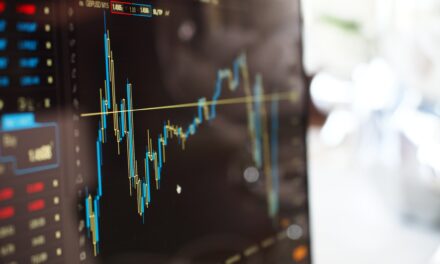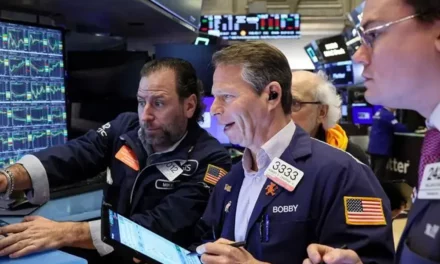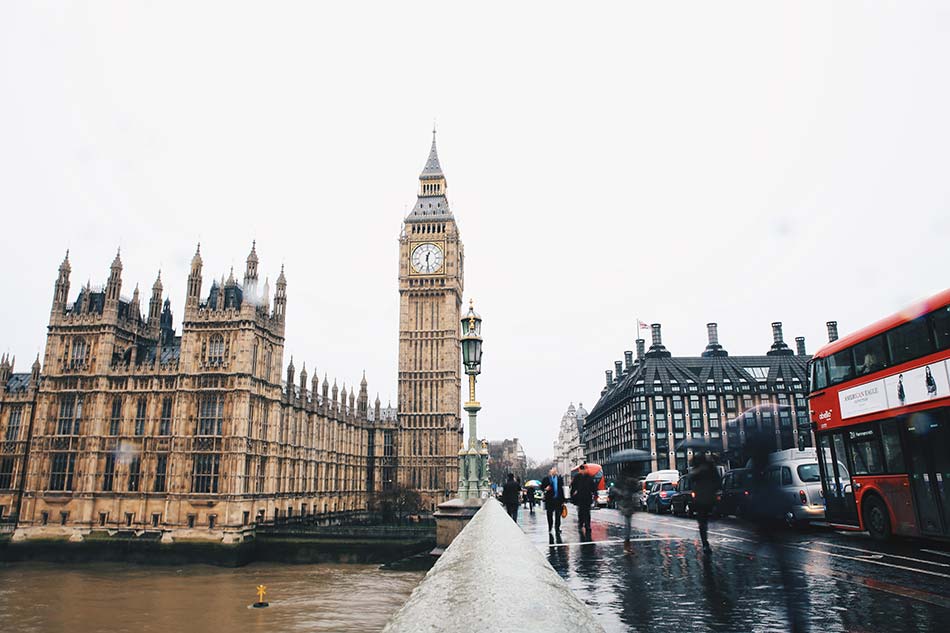If anyone feels pessimistic about the US economy in 2023, it would have to be JPMorgan Chase CEO Jamie Dimon.
Dimon admitted that the country’s economy was currently in relatively good shape compared to how it was back in the throes of the 2008 financial crisis. However, a number of critical factors were likely to plunge it – as well as the global economy – into a recession by either late in the second quarter or early in the third quarter of the year.
Runaway inflation and the drastic interest rate hikes imposed by the Federal Reserve are seen among the primary factors pushing the US onto the brink of a recession. Likewise, the adverse economic impact and uncertainty resulting from the ongoing conflict between Russia and Ukraine have also had their part to play in bringing down the global economy.
Not Enough in the Way of Active Response
Dimon also spoke critically of the measures undertaken by the Federal Reserve, calling these too little to be of any real use and that the institution itself did not act until inflation soared to its highest level in 40 years.
The JPMorgan head added that he was not sure how long this upcoming recession would last if and when it happens. But he did say that financial and corporate professionals need to have more than the usual range of potential outcomes, seeing how the severity of such a recession also hinges on the ongoing war in Eastern Europe.
He also stated that his own company is taking the necessary measures and expects to be somewhat conservative concerning its balance sheet in 2023, and suggested that other investors do the same.
A Timely Statement
Dimon’s remarks regarding his economic forecast for 2023 are timely, as many financial professionals and industry watchers worry about the implications of a looming economic recession. It’s a concern born of the aggressive way the Fed and central banks worldwide have resorted to hiking interest rates to tame roaring inflation.
Last month, the Fed increased benchmark interest rates by around 0.75%, the third such increase of its kind. Fed officials have also made it clear that, until inflation has cooled, they would keep hiking rates beyond the 3 to 3.5% range currently in place.
For his part, Charles Evans, president of the Chicago Federal Reserve, has expressed his apprehension that the Fed is going too far about using larger interest rates as an anti-inflationary measure.














